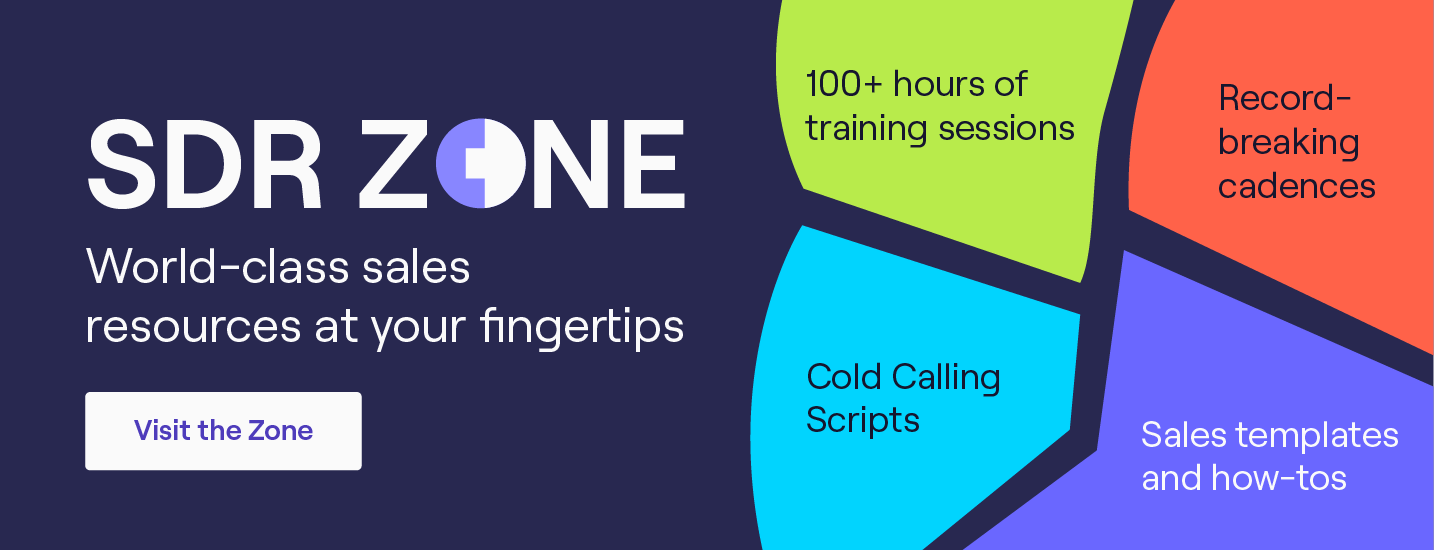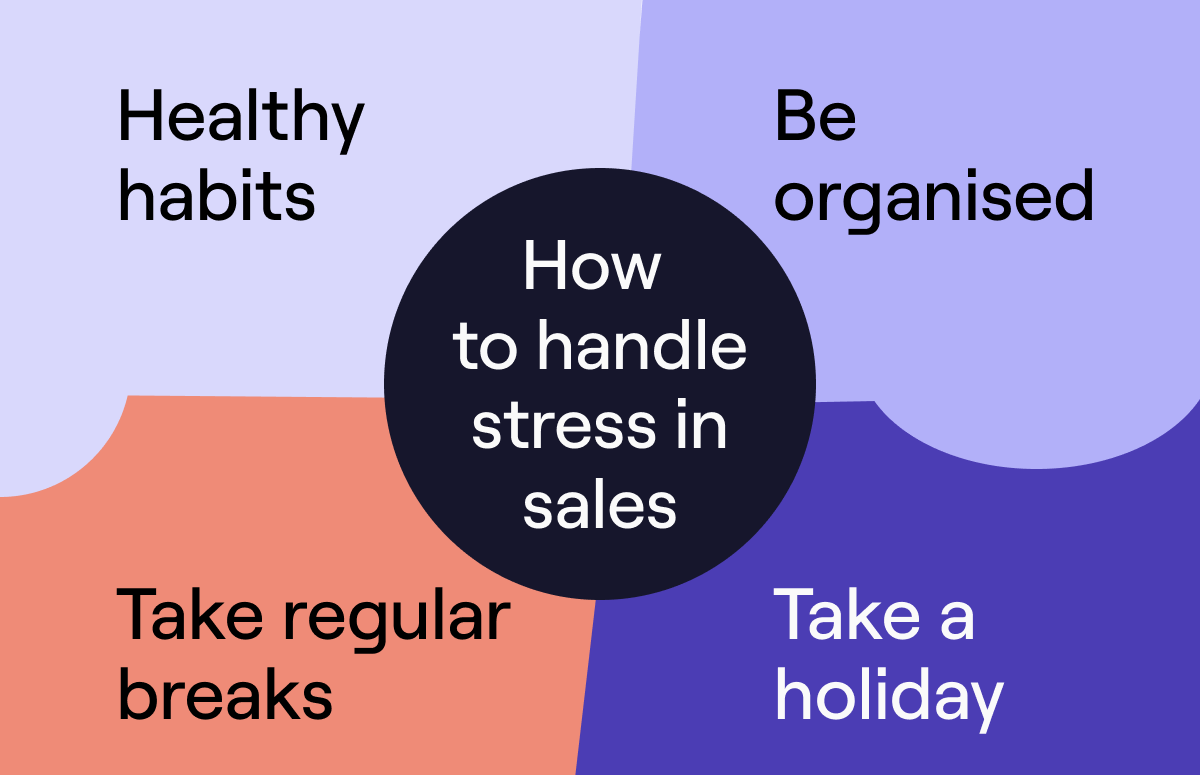25+ B2B Sales KPIs Your Business Needs to Track
What's on this page:
If you’re working in a scaling B2B sales team, you need to track KPIs (Key Performance Indicators). They’re the only way that you can measure how well your sales team is performing.
B2B sales KPIs are essential if you’re working in the SaaS sector, where deals are signed and revenue is calculated on an ongoing, monthly basis.
Cognism is a great example of a successfully scaling B2B SaaS company. Last year, we more than doubled our revenue from $21.2 million to $44.2 million.
How did we do it?
By staying rigorously focused on our B2B sales KPIs. Data informs everything we do. Everything is measured and measurable. Sales KPIs provide us with insights which we use to learn from and then improve our performance.
Here at Cognism, we want to help other companies scale in the same way we have. That’s why we’ve put together this guide featuring all the KPIs tracked by our SDR and AE teams.
And best of all, we’re giving our intel away in two different formats: there’s an infographic, which you can save and refer back to, or you can scroll down (or use the menu) to access the list.
Start scaling your business now with 25+ of the best KPIs for B2B sales teams 👇
B2B sales KPIs infographic
B2B sales KPIs for SDRs
Productivity KPIs
These KPIs are all based on SDR activity and how many prospects they contact during a set time period.
Productivity KPIs are vital for sales leaders in understanding their team’s performance and identifying areas for improvement.
1. Emails sent
The number of emails an SDR sends during a specific time period.
2. Calls made
The number of phone calls an SDR makes during a specific time period.
3. LinkedIn activity
The number of InMails and connection requests an SDR sends and receives during a specific time period.
SDR success KPIs
These sales KPIs track the results of an SDR’s activity.
Success KPIs for SDRs help managers evaluate their team’s effectiveness and improve processes.
4. Meetings booked
The number of meetings an SDR successfully books during a specific time period.
5. Meetings attended
The number of meetings booked by the SDR where the lead shows up.
6. Booked to attended ratio
The number of meetings booked vs. the number of meetings attended.
7. Meetings booked based on lead source
Whether the lead was sourced via inbound or outbound sales methods.
8. SQLs (Sales Qualified Leads)
The number of SQLs that an SDR sources - based on the BANT criteria:
- Budget - is the lead able and willing to spend?
- Authority - is the lead the ultimate decision-maker?
- Need - does the lead have a problem that the product can solve?
- Timing - is the lead looking to buy quickly?
B2B sales KPIs for AEs
AE success KPIs
These sales KPIs track the results of an AE’s activity.
Success KPIs for AEs allow companies to measure performance, identify weaknesses and make improvements.
9. Average deal value
The average dollar amount of an AE’s closed-won deals.
10. Demo attended to opp won rate
The number of demos attended vs. the number of opportunities won.
Monthly recurring revenue (MRR) KPIs
These KPIs track the revenue generated by an AE.
MRR KPIs KPIs help companies measure an individual AE’s financial impact against their targets.
11. Amount
The amount of MRR booked by an AE, expressed in dollars.
12. Target
The MRR target for each BDM in dollars.
13. Percentage of target
The percentage amount of MRR won by each AE vs. their target.
Demo KPIs
These sales KPIs measure the effectiveness of an AE’s sales demos.
With demo KPIs, sales leaders can measure the effectiveness of an AE’s presentations.
14. Number of demos booked
The total number of demos an SDR books for each AE.
15. Number of demos attended
The total number of demos attended for each AE.
Pipeline KPIs
These KPIs track opportunities moving through the sales funnel.
Pipeline KPIs allow B2B companies to identify bottlenecks in the sales process and adjust their strategy to improve efficiency - as well as forecast future revenue with greater accuracy.
16. Total number of opps open
The total number of open opportunities for each AE.
17. Total number of opps moved to demo
The total number of opportunities that resulted in a demo, for each AE.
18. Total number of opps moved to a proposal
The total number of opportunities where an AE drafted a proposal.
19. Total number of opps moved to contract/negotiation
The total number of opportunities for each AE which resulted in a contract being drafted.
20. Total number of opps won
The total number of an AE’s successful sales.
21. Total number of opps lost
The total number of an AE’s rejected sales.
Revenue KPIs
These KPIs track the overall revenue generated by the sales team, particularly focusing on revenue from inbound vs. outbound sources.
By tracking both inbound and outbound revenue KPIs, B2B orgs can identify revenue sources, optimise sales and marketing strategies and improve ROI.
22. Inbound conversion rate
The percentage of leads converted from inbound lead gen.
23. Inbound won
The total number of deals won from inbound.
24. Inbound revenue won
The total amount of revenue generated from inbound, expressed in dollars.
25. Outbound conversion rate
The percentage of leads converted from outbound lead gen.
26. Outbound won
The total number of deals won from outbound.
27. Outbound revenue won
The total amount of revenue generated from outbound, expressed in dollars.
28. Total revenue won
The total amount of revenue generated from both inbound and outbound, expressed in dollars.
Access Cognism’s B2B sales resources
Those are Cognism’s must-track B2B sales KPIs.
For more great sales content, check out Cognism’s SDR Zone - where sales leaders go to build unstoppable teams.
Get in the Zone here! 👇




